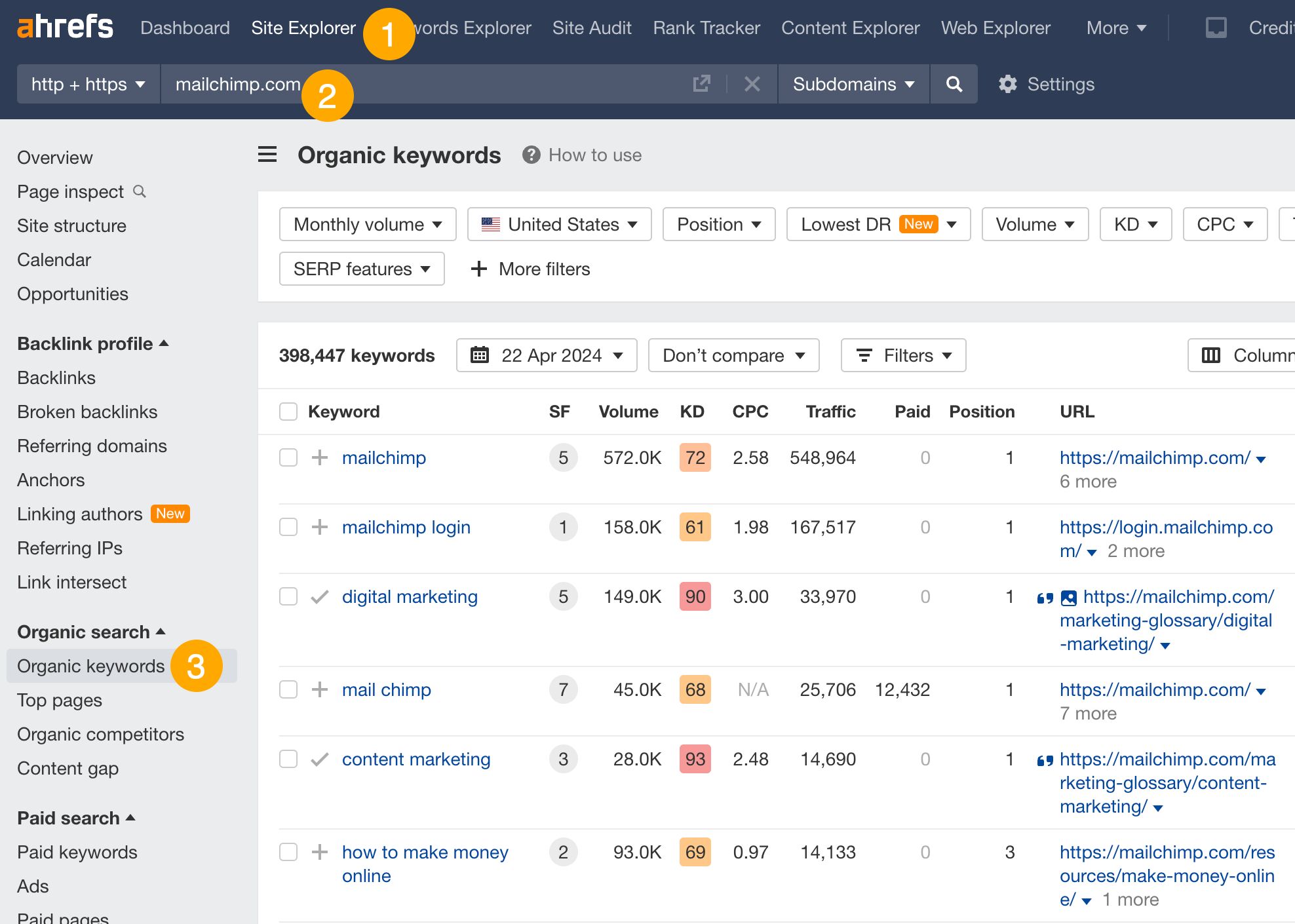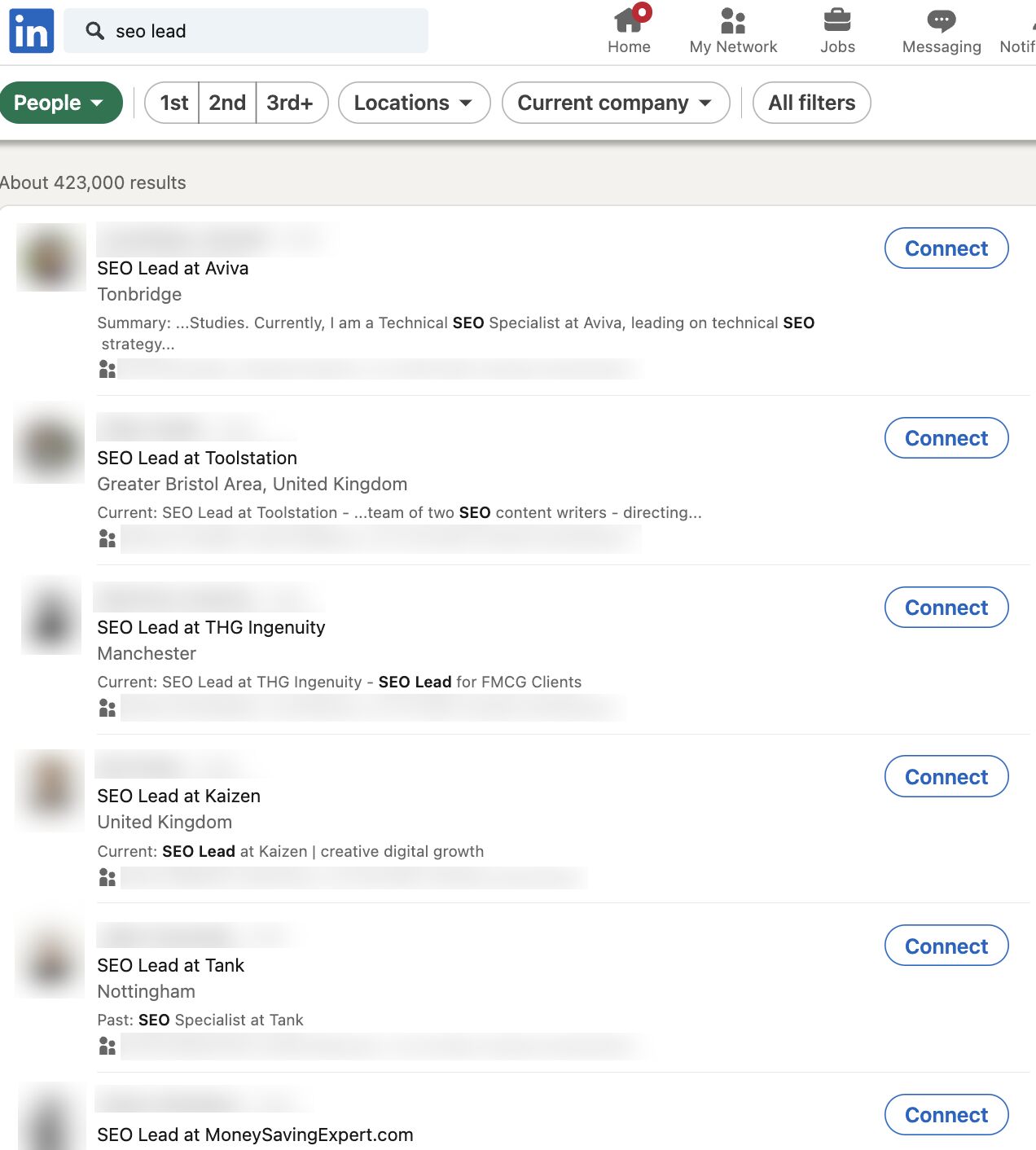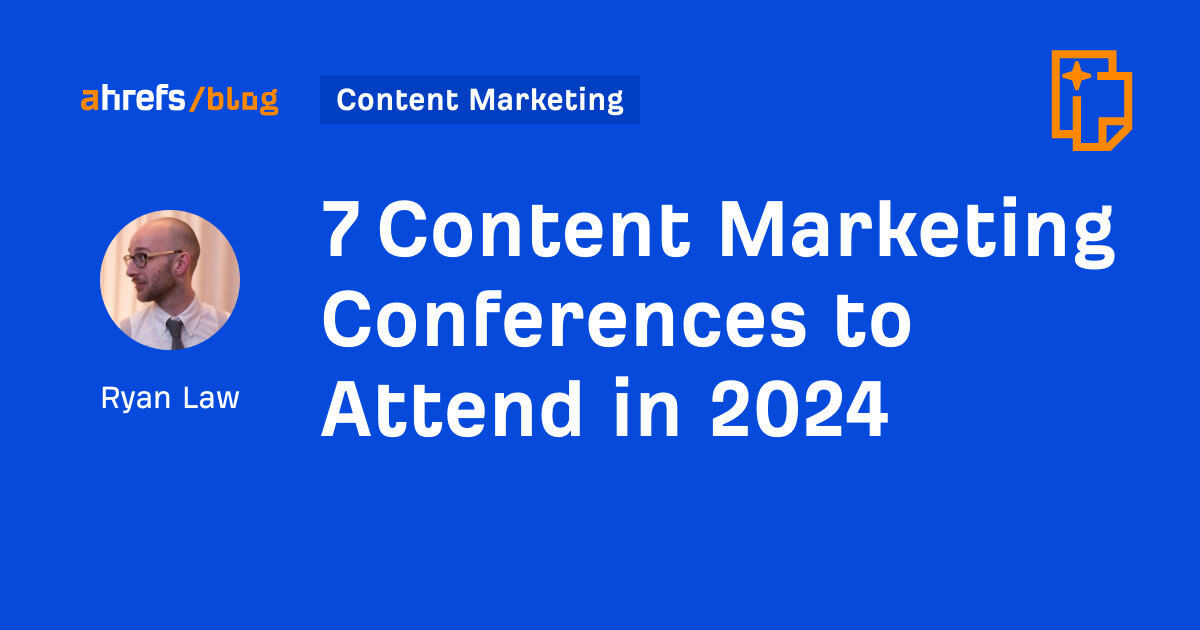
Google might have stumbled in its Bard announcement, but it made up some goodwill (for me, at least) with another early-February release – its new search guidelines on AI-generated content.
Google seems to support what many good SEOs have argued for some time:
It doesn’t matter what you use to create content as long as you’re producing something valuable for people – and not gaming the search engine.
With Google’s perspective out there for all to see, where do SEOs go from here? I’ll examine the topic from a few angles:
- The marriage of Google and AI.
- The caveats to consider when using AI for content.
- Skills SEOs need to develop right now.
The marriage of Google and AI
Google and Microsoft Bing are using AI-powered content to deliver search results, and that shouldn’t come as a surprise to anyone.
Even Google’s guidelines say they’ve been using AI in some form for a long time. (And paid search marketers know how much AI and machine learning have changed the PPC game.)
I’m guessing these companies knew that people would use AI for content production when it became widely available – a watershed moment marked by ChatGPT‘s release.
It’s not feasible to tell people not to use it. Instead, both search engines are racing to establish themselves as responsible curators of AI content.
Staying focused on creating value with content has always been important for me. Now it’s clear: Google has the same standard.
After all, humans can write spammy content just as readily as AI. It’s like saying a calculator is bad for math results because you didn’t figure out the answer yourself.
And we’ve been through the “spam vs. quality” argument before, notably with links.
As it stands, Google is still focused on helpful content, regardless of the technology used to produce it.
Google and AI content: The caveats
If you use AI as part of your toolset to provide valuable content, Google won’t ding you.
The problem is that it’s enticing to use these tools the wrong way. Google is not giving you the green light to have ChatGPT write for you and call it a day.
Like any tool, ChatGPT and its competitors are just that – tools that require humans to leverage them.
Otherwise, it will take and regurgitate what you feed it, delivering no value beyond aggregation. You’re giving users nothing new.
I can see, for instance, shoddy use cases where marketers use ChatGPT to fill in the location for thousands of otherwise-identical franchise doorway pages and call it a day.
I can confidently say that won’t fly – but what I don’t know, and what Google hasn’t yet articulated, is what a penalty would look like.
- Will there be a manual hit if Google thinks you’re using AI for straight-up ranking purposes?
- Will it tweak some of its algorithms to catch instances of AI being manipulated?
- Could anyone legitimately trying to do something right get caught up in a manual penalty?
As most SEOs know, Google’s algorithms have occasionally dinged white-hat companies in the past. Any significant change to the algorithm raises fears that it could happen at scale.
As for the guidelines, the section that seemed most ambiguous (and ominous) to me is the part about AI disclosures.
Google said you could “consider” adding it, which is a strange gray area that doesn’t give marketers confidence either way:
Skills in focus for SEOs
Any way you look, AI is positioned to be a powerful tool for content production. SEOs who don’t yet know its ins and outs should get serious about learning.
AI-produced content will create a massive opportunity for skilled writers and marketers to rise above what might well be an impending onslaught of lazy, mediocre copy.
The more craft good writers can add, the easier for Google to distinguish actual value. AI-produced content is a faster way to establish a baseline – but it’s still just a baseline.
Good SEOs should learn how to:
- Develop valuable inputs.
- Provide good source information (think initial sets of keywords or smart ideas for content briefs).
- Add their unique skills and research to the refinement stage to make the content truly unique and valuable.
SEOs should already know the concepts of user psychology and needs and use those concepts to add nuance and legitimate value.
Ultimately, the more SEOs can practice using AI – even to speed up block-and-tackle tasks – the better they’ll be at it.
They’ll be more familiar with the publishing environment, AI’s capabilities, and, perhaps most importantly, its limitations.
Writing helpful content for users is the North Star
AI-generated content is, at its essence, a contemporary update to a classic philosophical tug-of-war in SEO…
You can try to game the algo and take shortcuts to get ahead, or you can create world-class websites and content with great UX across platforms.
Google has made its stance clear. Marketers who remain faithful to a North Star of using customer understanding to create value will stand out.
The applications may evolve, but the goal remains the same.
The post What Google’s new guidelines for AI-produced content mean for SEO appeared first on Search Engine Land.
Content Copyrights Belong to The Author. All Rights Reserved.
We're A Dallas Digital Marketing Agency That is Experts At Social Media Marketing, Website Design and Emarketing and Promotion.



